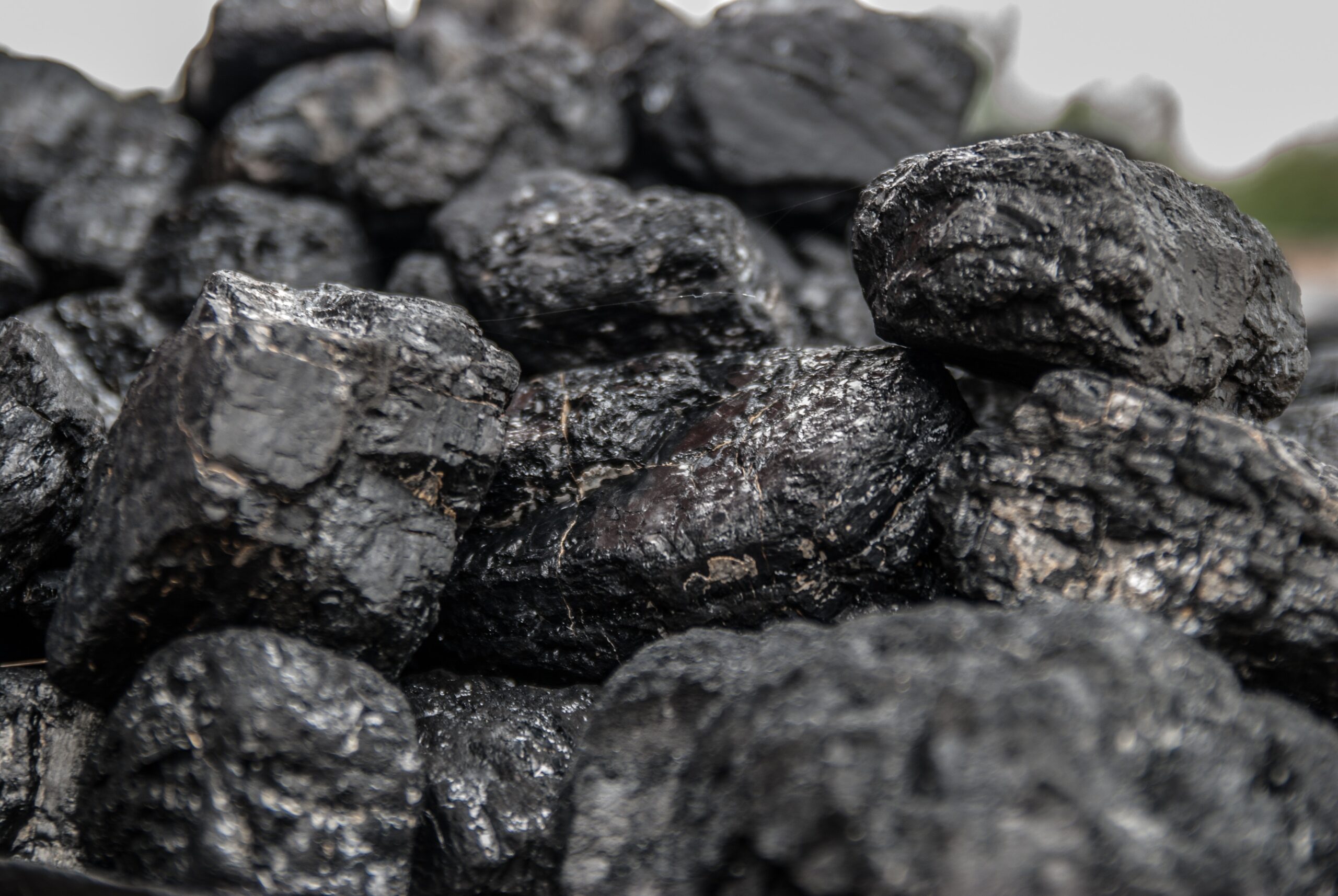Prices for Canadian-manufactured goods edged higher in November, while the cost of raw materials slipped month over month, according to Statistics Canada. The Industrial Product Price Index (IPPI) rose 0.6 percent from October and climbed 2.2 percent from a year ago, while the Raw Materials Price Index (RMPI) dipped 0.5 percent compared with the previous month but advanced 2.0 percent annually.
The IPPI registered its second consecutive monthly increase, although the depreciation of the Canadian dollar against the U.S. dollar contributed to the upward movement. The loonie fell 1.6 percent versus the greenback between October and November, pushing up the prices of goods quoted in U.S. dollars. Statistics Canada said that had the exchange rate remained unchanged, the IPPI would have risen 0.3 per cent instead of 0.6 per cent.
Higher softwood lumber costs were the standout driver, boosting prices for lumber and other wood products by 5.7 per cent — the steepest monthly climb in that category since March 2022. Analysts say steady demand and tight supplies underpinned the gain, which marked the fourth straight month of higher softwood lumber prices.
Energy and petroleum products, another significant group, moved up 1.1 per cent in November. Refined petroleum energy products increased 1.7 per cent overall, bolstered by diesel fuel (up 3.3 per cent) and light fuel oils (up 6.9 per cent). Observers point to stronger consumer demand for home-heating fuels and a higher refining margin for diesel as the key triggers.
Some items capped the IPPI’s upward momentum. Primary non-ferrous metal products fell 1.0 percent after two months of gains, led by unwrought gold, silver, and platinum group metals, and their alloys. Meanwhile, fresh and frozen meat, fish, and dairy products eased 1.1 percent, largely due to weaker seasonal demand for poultry and pork.
On an annual basis, industrial product prices rose 2.2 per cent in November. Precious metals contributed significantly to the 12-month figure, with unwrought gold, silver and platinum group metals, and their alloys up 32.5 per cent. Softwood lumber and unwrought aluminum products were other notable risers. At the same time, diesel fuel and finished motor gasoline remained lower than a year ago, helping prevent even higher gains in the index.
In November, overall raw material costs slid 0.5 percent from October. This decline followed a 4.0 percent increase in the previous month and came primarily from lower crude energy product prices, which were down 2.2 percent. The drop in conventional and synthetic crude oil was largely tied to easing geopolitical concerns in the Middle East, combined with slower oil demand growth in China.
Still, when excluding crude energy products, the RMPI rose by 0.6 per cent in November. Crop products, such as green coffee beans, continued on an upward path (up 2.0 per cent) on the back of adverse weather in key growing regions like Brazil and Vietnam. Animals and animal products also gained, with hog prices climbing 7.0 per cent, buoyed by strong export demand.
Looking at the year-over-year picture, raw materials prices were up 2.0 per cent in November, led by a 36.9 per cent surge in gold, silver and platinum group metal ores and concentrates. Tighter supplies pushed cattle and calves up 10.8 per cent, while hogs jumped 15.8 per cent. By contrast, conventional and synthetic crude oil both slipped more than 5.0 per cent from November 2023. Canola and logs and bolts also posted significant declines.

